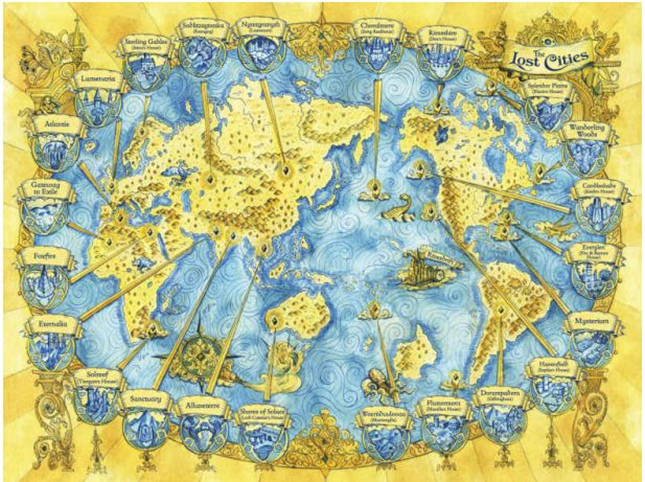Close enough to a review of Dry by Jarrod Shusterman and Neal Shusterman
!*Trigger Warning: Lots of death and violence*!
I'm not even lying this book is the most traumatizing and painful one I’ve ever read (which is saying a ton because I had a big Ruta Sepetys phase), and I hope none of you read it until you know that you can process it without losing a piece of your mind. That being said, I think most people should read this book sometime in their lives because it powerfully addresses the fragility of civilization in the face of a climate crisis, and forces you to be shaken by all the crises in other parts of the world.
I think Jarrod Shusterman and Neal Shusterman wrote this book about a drought in Southern California, with the knowledge that there were many people in the world without access to water. Every year the crisis only gets worse, and this book was written 5 years ago.
First, there's a huge water shortage in Southern California, and then powerful people in other states divert the main source of Southern California’s water to themselves. The news doesn’t pay any attention till the water and power have stopped for a day. By that time chaos is already settling in, and the government is scrambling to find a way to put a bandaid on the problem. Riots start everywhere, people become merciless, and people try to run, but they’re trapped by miles of gridlock. Around 3 days later, martial law is invoked, but it's much too late. People are already dead, and all the government's efforts aren’t enough to save the rest of the 200,000 people that perish in that week. The book starts with one narration, which turns into 2 when Alyssa and Kelton are forced to band together to try and survive. They pick up 2 other kids, who add their narrations, and Alyssa’s younger brother gets his voice towards the end of the book. These narrations are interspersed with snapshots of people with all kinds of stories and jobs, giving a grimmer picture of the warzone that is Southern California. It's tragic from all angles, and it's clear that there's no escape. The Tap-Out, the coined term for the lack of water, has made all rules obsolete. It's kill or be killed.
The scariest part of the book is that it is entirely possible. It argues that everyone is only civilized until it stops suiting them. No one has the will to care about other people when they’re thirsty, and no one has the foresight to conserve when they’re not. In the end, in general, people are short-sighted animals, and those who aren’t must deal with those who are. It seems like no one knows who they really are until they have seen how they respond in a life-or-death situation.
I take it back, I’ve read more painful books – ones about real events like the Holocaust, wars, shipwrecks, and genocides. Somehow this book is almost as scary. The circumstances have to be very unique for most of those events to happen, and measures have been taken to prevent them from happening again. But people can run out of water or food at any moment. Theres no safety measures being taken. There's just “keep conserving” until there's nothing less to conserve.



I think the genre of realistic fiction is probably the scariest, because unlike horror books, where you know everything is fake, in a book like this, everything is made to seem real. I like the way you describe Southern California turn into what seems like an apocalyptic nightmare. I have also read and liked other books that use multiple narrators to tell different points of view and its interesting how this book gradually introduces those new narrators instead of starting out with all of them. This was a great review!
ReplyDelete